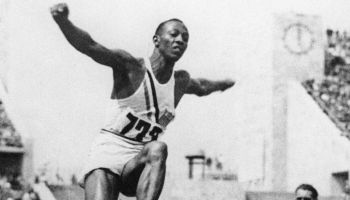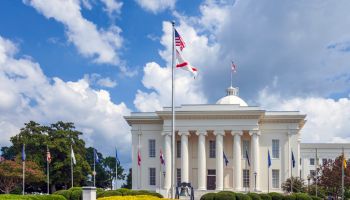The public health community has long attributed the increased risk of HIV infection among Black men who have sex with men to high-risk behavior.
But researchers at the Center for Black Equity and the University of Pittsburgh Graduate School of Public Health say the reason may not be so cut-and-dry and could have more to do with lack of access to HIV testing and medical care. As a result, the two groups formed a partnership to study the problem, according to a news release issued this week by the University of Pittsburgh.
The project, funded by a $3.2 million grant from the National Institute of Nursing Research at the National Institutes of Health (NIH), seeks to enroll nearly 6,000 African-American men who have sex with men (MSM) who attend Black Gay Pride events in large cities across the nation, including Atlanta, Chicago, Houston, Los Angeles, Philadelphia and Washington, D.C., the release says.
The Centers for Disease Control and Prevention says that young African-American gay and bisexual men accounted for the highest number of new HIV infections in 2010 among all gay and bisexual men. That year, there were an estimated 10,600 new HIV infections among African-American gay and bisexual men. By comparison, in the same year, there were an estimated 11,200 new HIV infections among white gay and bisexual men, the CDC says.
“It has become clear in recent years that the major reason that African-American MSM have such high rates of HIV infection is not that these men have high rates of risk-taking behaviors for infection,” Ron Stall, Ph.D., M.P.H., director of the Center for LGBT Health Research at Pitt Public Health, said in the news release. “Rather, the reason for elevated infection has far more to do with lack of access to HIV testing and medical care.”
The project will recruit men from Black Gay Pride events, which have evolved into a social movement in the United States and are attended by an estimated 300,000 people annually. They will be asked questions as part of an anonymous survey that will help researchers understand the barriers and facilitators to HIV testing and care.
Additionally, the study seeks to determine information about other social issues that are likely to be important to the overall health of African-American MSM, including depression, substance use, violence victimization and other health problems, the release states.
Finally, the study will measure specific resiliencies – or the ability to avoid negative health outcomes – that may be important resources for health, even among men who must cope with adverse social environments.
Earl Fowlkes, president and chief executive officer of the Center for Black Equity, says in the statement that by learning about barriers to HIV testing and access to care among HIV-positive people, the medical community can do a better job of preventing new HIV infections among MSM and keep those infected healthy.
“It is exciting to be part of a study that will create the largest sample of HIV-related data from African-American MSM ever taken, and one that will yield important data about the health and well-being of our community,” he said in the release. “The Center for Black Equity will work with our partners at the University of Pittsburgh to ensure that these data are shared with the community and can be used to improve the health of these men.”















